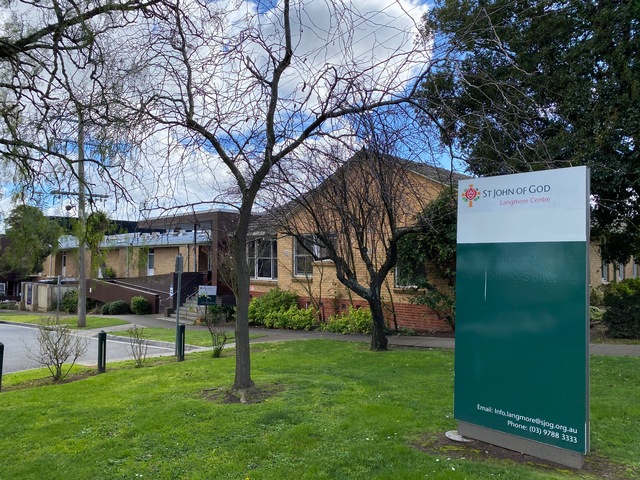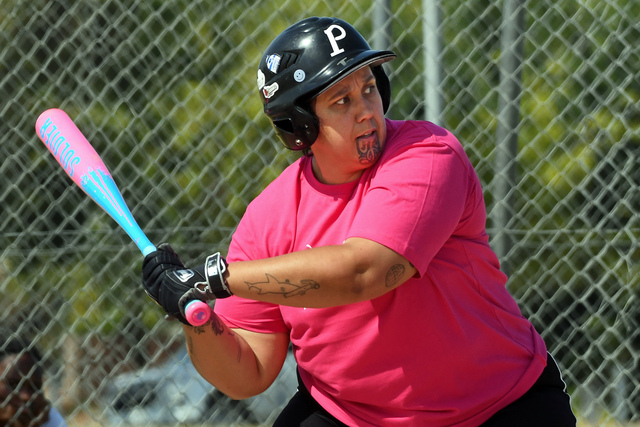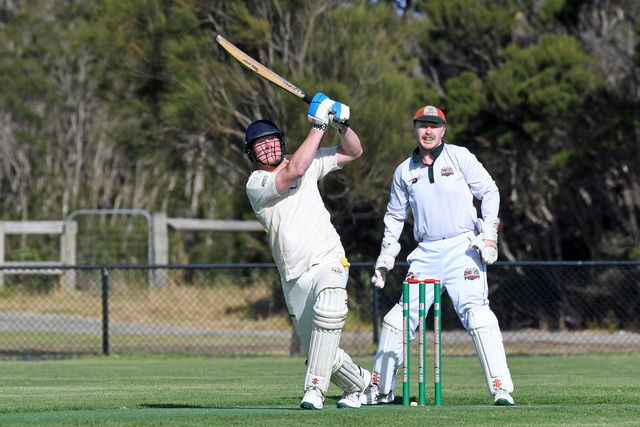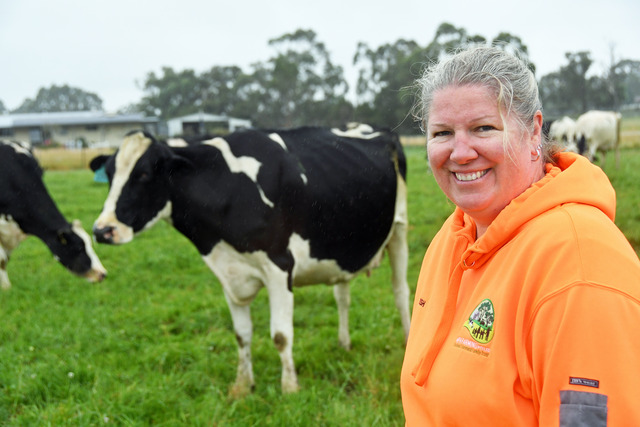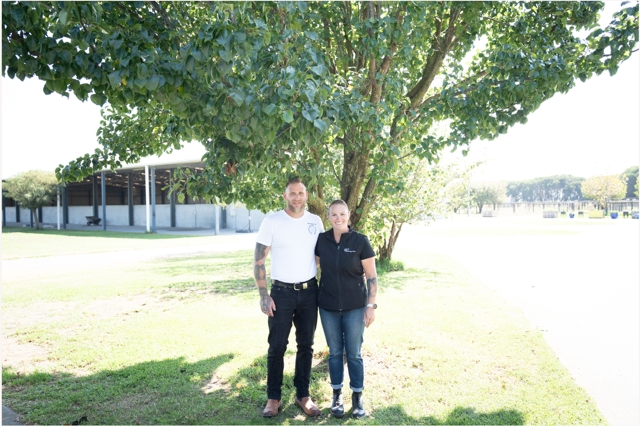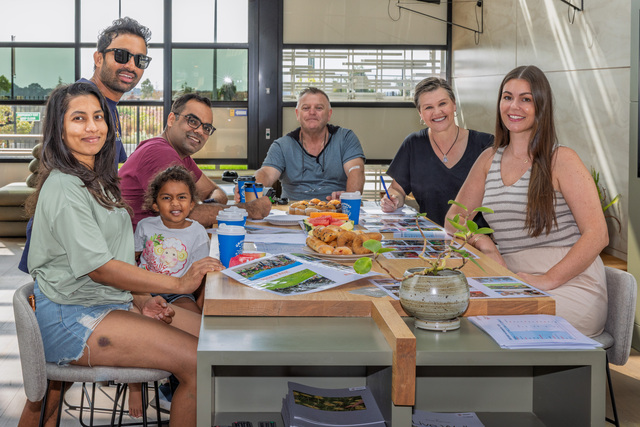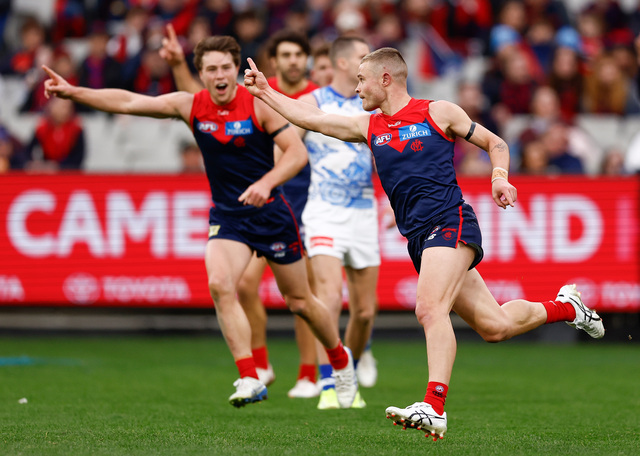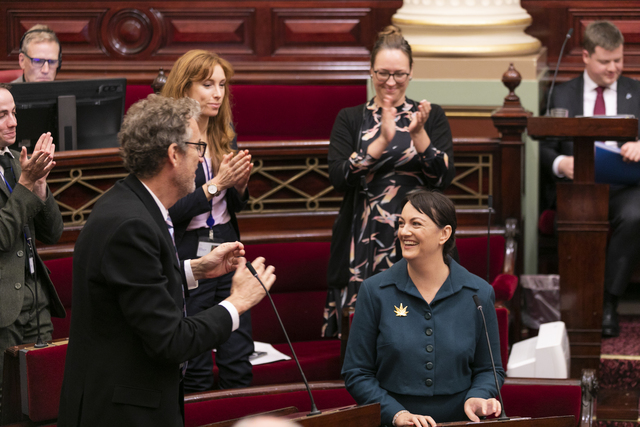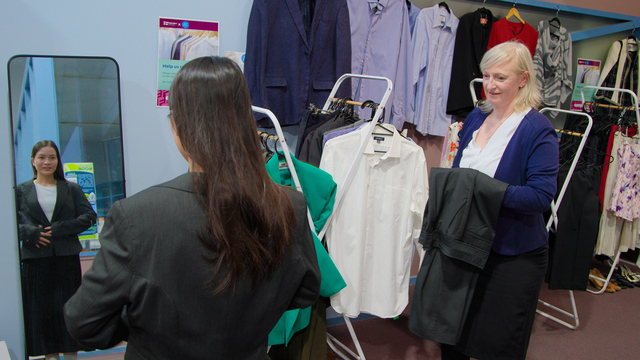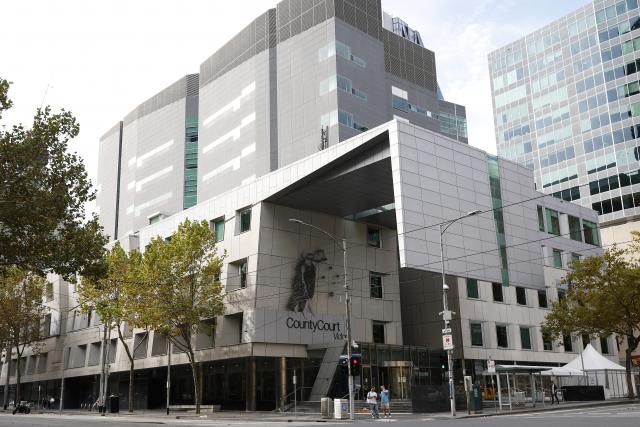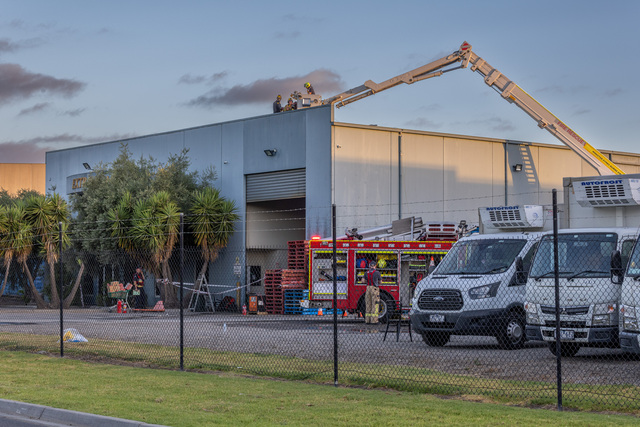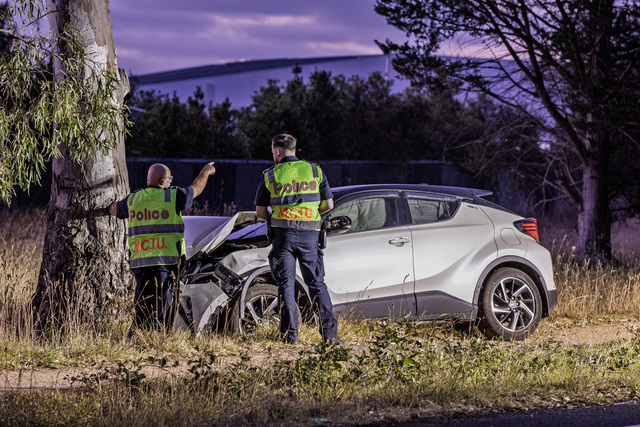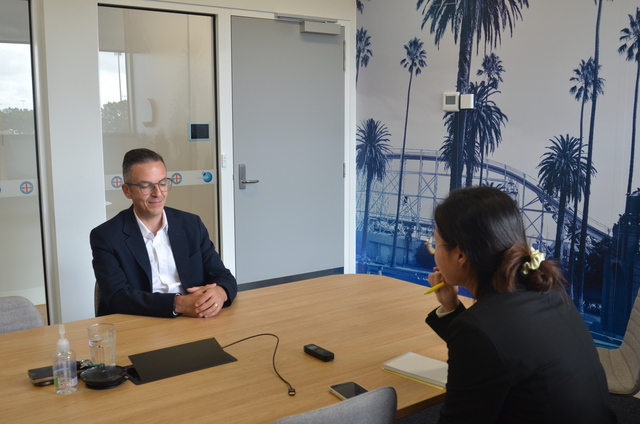It’s easy to assume that the men and women who dedicate their lives to helping others are invincible, but a new mental health centre in Berwick is recognising the need for dedicated service to first responders.
Beginning in February, St John of God’s specialised trauma recovery unit for emergency services and defence force personnel at its Langmore Centre in Berwick has provided dedicated care to people on the frontlines.
As June is PTSD Awareness Month, the centre’s Director of Medical Services, Dr Muhammad Usman Riaz said the unit’s inception was built on increasing demand from people that they worked side by side with.
“There was a lack of facilities that can support the first responders who developed PTSD or related trauma symptoms,” he said.
“So there was a need and we worked towards that and we developed this unit.”
According to the Black Dog Institute, it’s estimated that one in 10 of Australia’s emergency services workers are suffering from post-traumatic stress disorder (PTSD) and the figure is likely higher if retired workers are considered.
The rate among ADF personnel is estimated as high as 17.7 per cent, over triple the rate found in the general population.
Not only is the rate higher, but the stigma of seeking help among veterans and first responders can be stronger due to the responsibility of their critical role.
“It’s very common, even in the medical industry, among doctors as well,” Dr Riaz said.
“It is common that one may feel that, ok, maybe I’m missing something. Maybe I’m not resilient enough. Maybe I’m not strong enough.
“I cannot let everyone down, you know, by seeking help.”
Victoria Police member for over 30 years, Brian, has been an inpatient at the unit after he was diagnosed with PTSD.
Suffering from symptoms like recurring nightmares, he originally requested an outpatient service but was asked to stay at the unit and has seen significant improvement.
“My symptoms have reduced to the point where a lot of the traumas I was reliving and causing ongoing distress have been hugely reduced,” he said.
St John of God is one of few to have a unit dedicated to treating first responders and ADF personnel. For Brian, the increased beds in Victoria saved him months of wait time.
“Having access to this is something that has been long overdue and very sought after,” he said.
Not only does a PTSD diagnosis need specialised treatment, but the unit provides a space focused on the unique experience of those on the frontlines.
The first recognition of such a facility is that first responders and veterans are human, and those who have trouble in life, with symptoms of trauma developing in everyday life or impacting relationships, it is a common response that health professionals are equipped to treat.
Everyone seeks help in their own way, but if professional help is not accepted, that treatment can find itself coping rather than overcoming.
“Because we all are humans and it can make an impact on us, we can experience sleep disturbances, they may become agitated, living on the edge,” Dr Riaz said.
“What happens next is that they, the first responders, start to become irritable, they start to seek some treatment and usually it is self-medication with some form of maybe extra smoking, maybe alcohol.”
The unit holds 12 beds for inpatient service with outpatient services also available. St John of God’s detox centre is utilised in conjunction, if needed.
Trauma affects everyone differently, regardless of how subtle or acute the symptoms may be, whether one requires a diagnosis of PTSD or not, the unit will assist and assess.
So far, 62 per cent of all intake at the unit have come from Victoria Police, 29 per cent from the ADF, 6 per cent from Ambulance Victoria and 3 per cent from the CFA.
Patients are under the care of a multidisciplinary team of nurses, social workers and therapists, led by a specialist psychiatrist with experience in PTSD.
“Every day, patients would receive up to four hours of therapy,” Dr Riaz said.
“One session may be about how to address the fight, flight and freeze responses.
“Sometimes, there is some education about avoidance behaviours. Then there is a session about the slippery slope where we start to self-medicate with alcohol or some other drug use and how it affects our mental state.
“Sometimes we talk about distress tolerance. So, there is a weekly timetable every week for the person who would be admitted; they know what to expect.”
The Langmore Centre offers free carer support groups too, so that families can be supported along the way.
It is still early days for the new innovative unit, but St John of God knows that this initiative will be critical for many on the frontlines now and into the future.
“We welcome the feedback and we act accordingly and we are evolving,” Dr Riaz said.
“And I’m hoping that we’ll be able to continue to provide a good quality, evidence-based service to our community and our first responders.”

